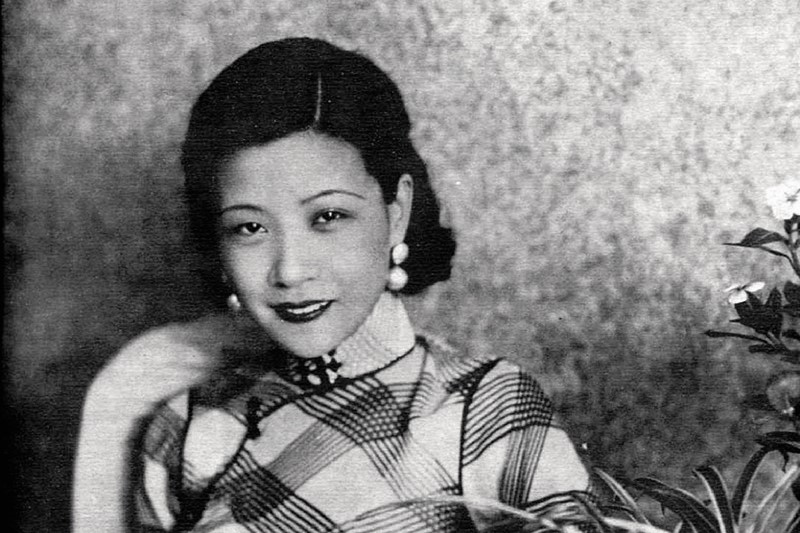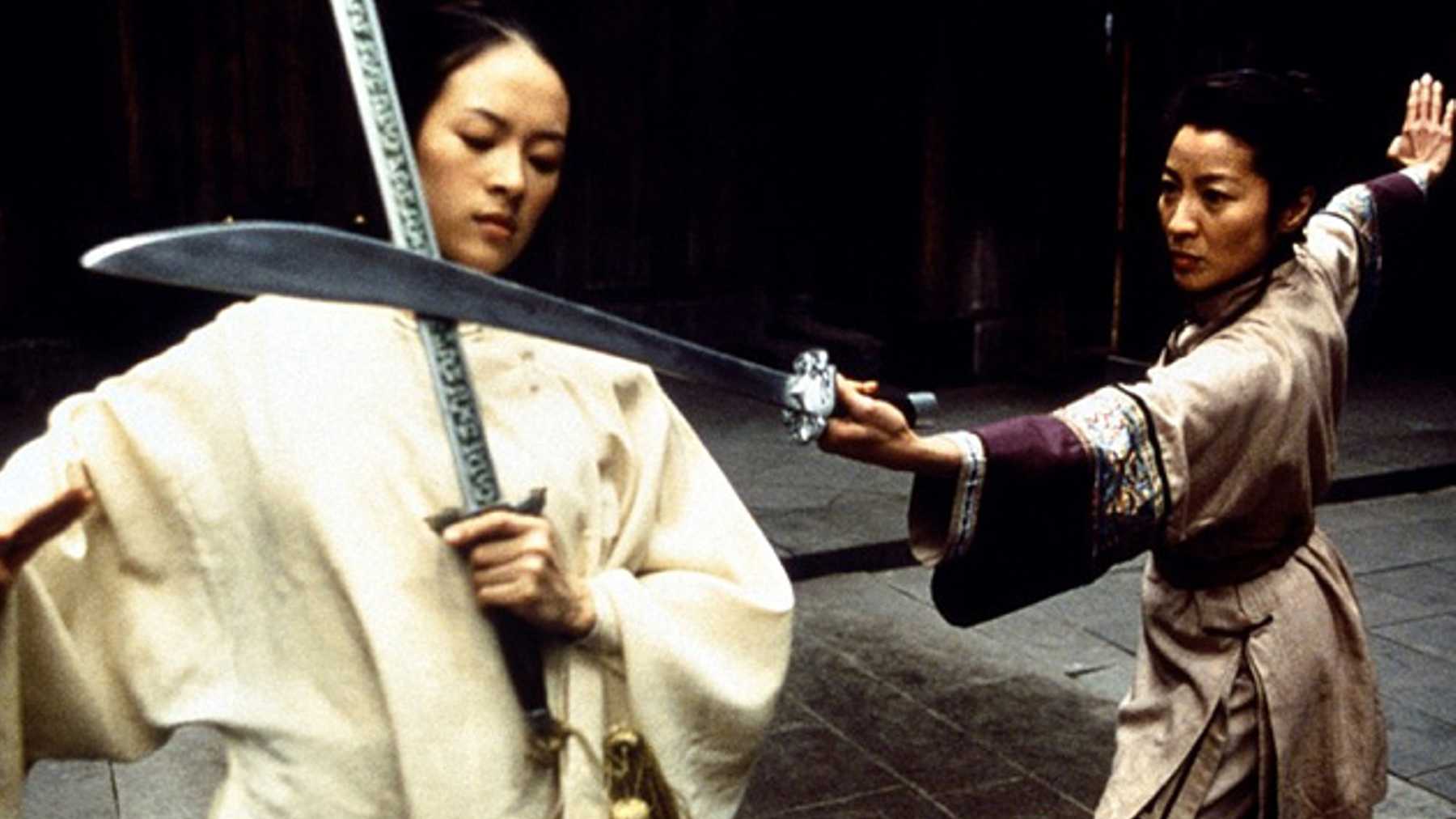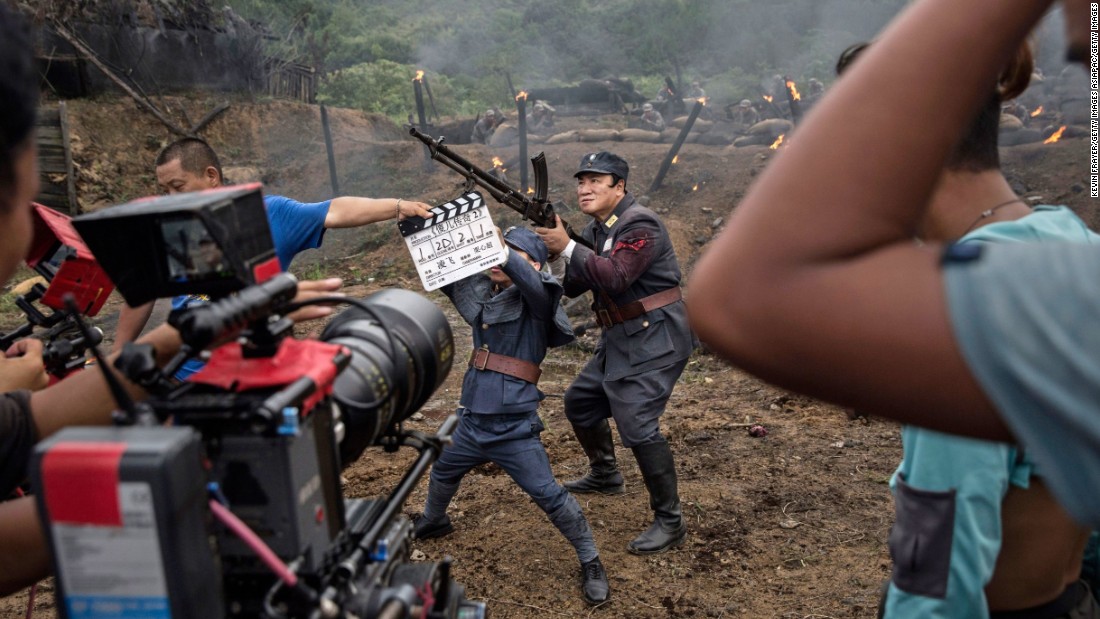Being home to some of the largest film studios and most devoted film-goers in the world, China holds a lot of power over Hollywood and the international film industry as a whole.

For the past few years, experts on film and finance have predicted the Chinese film industry overtaking the U.S in terms of having the largest box office in the world. However, the COVID-19 pandemic put an end to these predictions, and experts believe China’s cinema revenue will actually shrink over the next few years, keeping the country behind the U.S both in revenue and in cinematic output.
However, these setbacks in China’s own industry are unlikely to impact the countries importance to international filmmaking collectively. Hollywood still looks to China for a large amount of its distribution and revenue. Not only does this speak to China’s power with a large, cinema-loving society, but it also highlights the grip China has on the U.S with its censorship laws, which filmmakers obey in order to have their films released there.
The Chinese film industry has a long history of censorship. The first Chinese film, called Dingjun Mountain, was released in 1905, and by 1911 the first regulation on film content was introduced, banning ‘obscene content’. From this point on, through the Cultural Revolution and up until 1987, Chinese authorities continued adding various criteria films had to pass to be shown in the country, often quite strange in their descriptions of disallowed content. First any mention of Christianity was banned, then love stories, martial arts films and anything superstitious or based on fantasy. The Central Film Censorship Committee, established in 1934, continued amending the laws of censorship until they were forced to flee the country during civil war. However, they regained their power and established the Motion Picture Act in 1983.

Under the law of the Motion Picture Act, any films shown in China could not criticise Chinese people or the government, aggravate people to commit crime, defame or disgrace any historical figure, or ‘jeopardise children’s health physically or psychologically’. Despite this, the numbers of movie-goers in China continued to grow and the amount of cinemas expanded, with many Chinese made films being released in the 1980’s to critical and commercial success. This was a time when China still mainly screened Chinese films, and the U.S film industry were yet to latch on to a partnership with the country in return for high profits.
Following the repeal of martial law in 1987, the Chinese authorities began categorising films as either General Audience, Parental Guidance or Restricted, expanded in the 90’s to include Protected also. Similar to the Western worlds film rating policies, this allowed a wider berth of films to be screened in China and, along with the continued growth of the Chinese box office, brought about the attention of international production agencies and distributors.
Yet the Chinese government still continues to implement a strict regime on the films, both foreign and homegrown, that they tolerate in their cinemas. Lists of objectionable content have been expanded upon even up to 2017, the latest no-no’s including reincarnation, witchcraft, psychological pain and “uncomfortable pictures, lines music and sound effects”.

China’s film industry is fuelled by the expansion of actual cinemas rather than film projects as in the U.S. Therefore, though two-thirds of the Chinese film market are required by law to be Chinese productions, Hollywood films are increasingly and extremely popular, and their screening in China creates high financial gain for both countries. Furthermore, China only allows for 38 international films to be screened per year, which sees Hollywood filmmakers scrambling for a spot on the exclusive, and profitable, list.
The opportunity to have a film screened in China even means Hollywood production companies are ready and willing to splice and slice their films in order to get past the rigorous censorship. 2012’s Skyfall was stripped of references to prostitution and police torture. 2006’s Mission Impossible 3 was cut to remove the image of underwear hanging on a clothesline in Shanghai. 2019’s Bohemian Rhapsody was edited to remove any reference to homosexuality or drug use.
Yet filmmakers and production companies are happy to make these cuts and changes to have their films shown in China. Such is the appeal of the return. Of course this can raise questions of artistic integrity and even of the real reasons behind filmmaking, but what can we expect from Hollywood? Being under the grip of Chinese censors is not a problem for the multi-million dollar filmmakers and the kind of content they put out. Film lovers will know that the real talent is what bubbles under the surface in China itself, the underground industry slipping past the censors and hopefully onto our own screens.
Subscribe to FIB’s Weekly Alchemy Report for your weekly dose of music, fashion and pop culture news!







